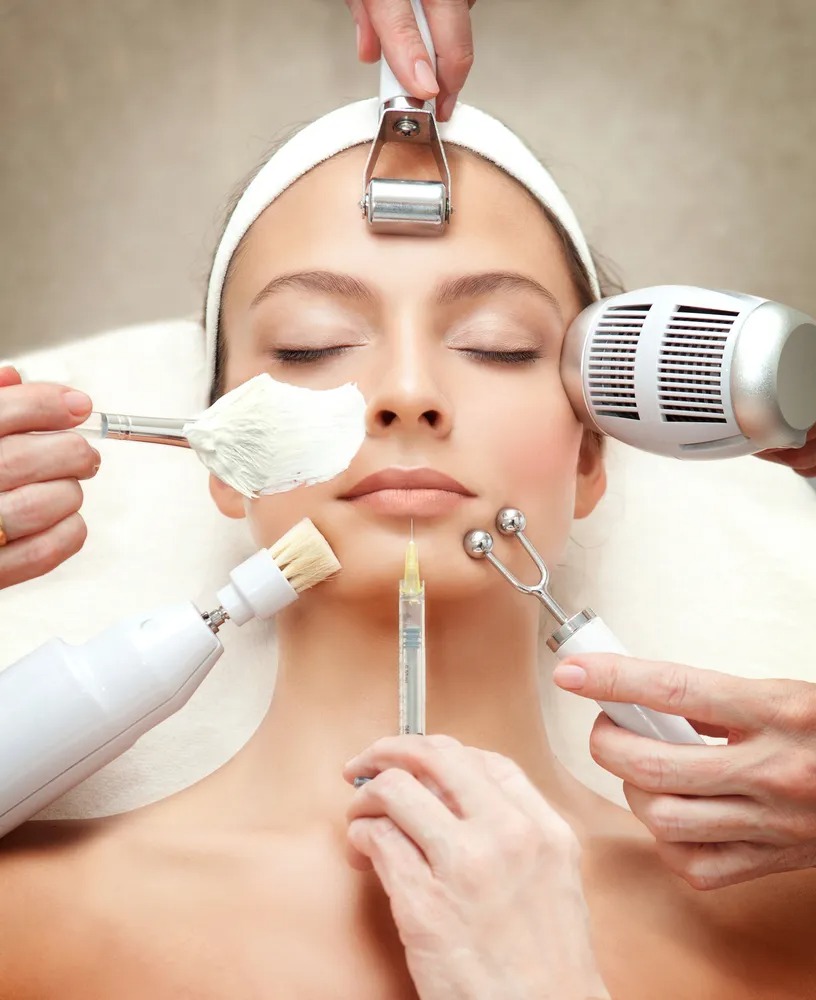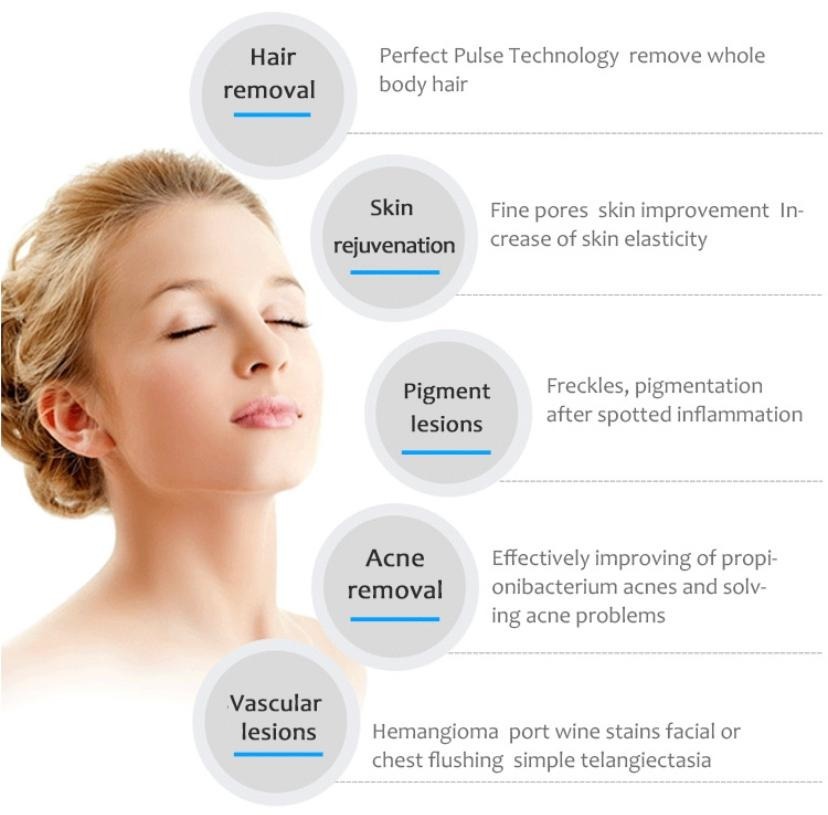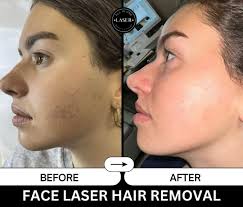Overview
Laser hair removal uses a laser, a focused light beam, to remove hair from the body. Laser hair removal is one of the most commonly done cosmetic procedures. It beams highly concentrated light into hair follicles. Pigment in the follicles absorbs the light. This destroys the hair.

Benefits of Laser Hair Removal
Lasers are great for removing unwanted hair from the face, legs, chin, back, arms, underarms, and bikini line. However, you can’t get laser treatment done on your eyelids or the surrounding areas or anywhere that has been tattooed.
Read Also:
7 Best Fruits For Skin 2024
Lose Weight:10 Foods to Help You
Ketogenic Diet 2024: A guide to mastering ketosis
How to Prepare for Laser Hair Removal

Laser hair removal is more than just “zapping” unwanted hair. It is a medical procedure. It requires training to perform and carries risks.
If you are planning to undergo laser hair removal, you should limit plucking, waxing, and electrolysis for 6 weeks before treatment. That’s because the laser targets the hairs’ roots, which are temporarily removed by waxing or plucking.
Avoid sun exposure for 6 weeks before and after treatment. It reduces the effectiveness of laser hair removal. It also increases the risk of complications after treatment.
Avoid taking any blood-thinning medications before the procedure. Talk to your doctor. Ask which medications to stop if you take anti-inflammatories or aspirin regularly.
If you have darker skin, your doctor may prescribe skin-bleaching cream. Don’t use any sunless creams to darken your skin. It’s important that your skin is as light as possible for the procedure.
Before laser hair removal
Before the procedure, the hair to be treated will be trimmed to a few millimeters above the skin. The technician will usually apply a topical numbing medicine 20-30 minutes before the procedure. It will help with the sting of the laser pulses. They’ll also adjust the laser equipment according to the color, thickness, and location of your hair being treated, as well as your skin color.
Based on the laser or light source, you and the technician must wear suitable eye protection. They’ll apply a cold gel or use a cooling device. This will protect your skin and help the laser light penetrate it.
During laser hair removal
The technician will give the treatment area a pulse of light. They’ll watch for several minutes to make sure they use the best settings and that you aren’t having a bad reaction.
The question is whether laser hair removal is painful ?
Temporary discomfort is possible, with some redness and swelling after the procedure. People compare laser hair removal to a warm pinprick and say it’s less painful than other hair removal methods, like waxing or threading.

After laser hair removal.
The technician may give you ice packs, creams, or cold water to ease any discomfort. You’ll need to wait 4-6 weeks for the next appointment. You’ll get treatments until the hair stops growing.
Laser hair removal aftercare
The treated area will look and feel sunburned for 1-2 days. Cool compresses and moisturizers may help. If your face was treated, you can wear makeup the next day unless your skin is blistered. Avoid direct sunlight, tanning beds, sun lamps, or any kind of indoor tanning equipment.
Laser hair removal side effects
Over the next month, the treated hair will fall out. Wear sunscreen for the following month to help prevent temporary changes in the color of the treated skin. Other potential side effects include swelling, redness, and scarring. Permanent scarring or changes in skin color are rare.
Laser hair removal risks
Blisters are rare but are more likely in people with darker complexions. Another rare side effect is the treated hair turning gray or more hair growing around the treated areas.


